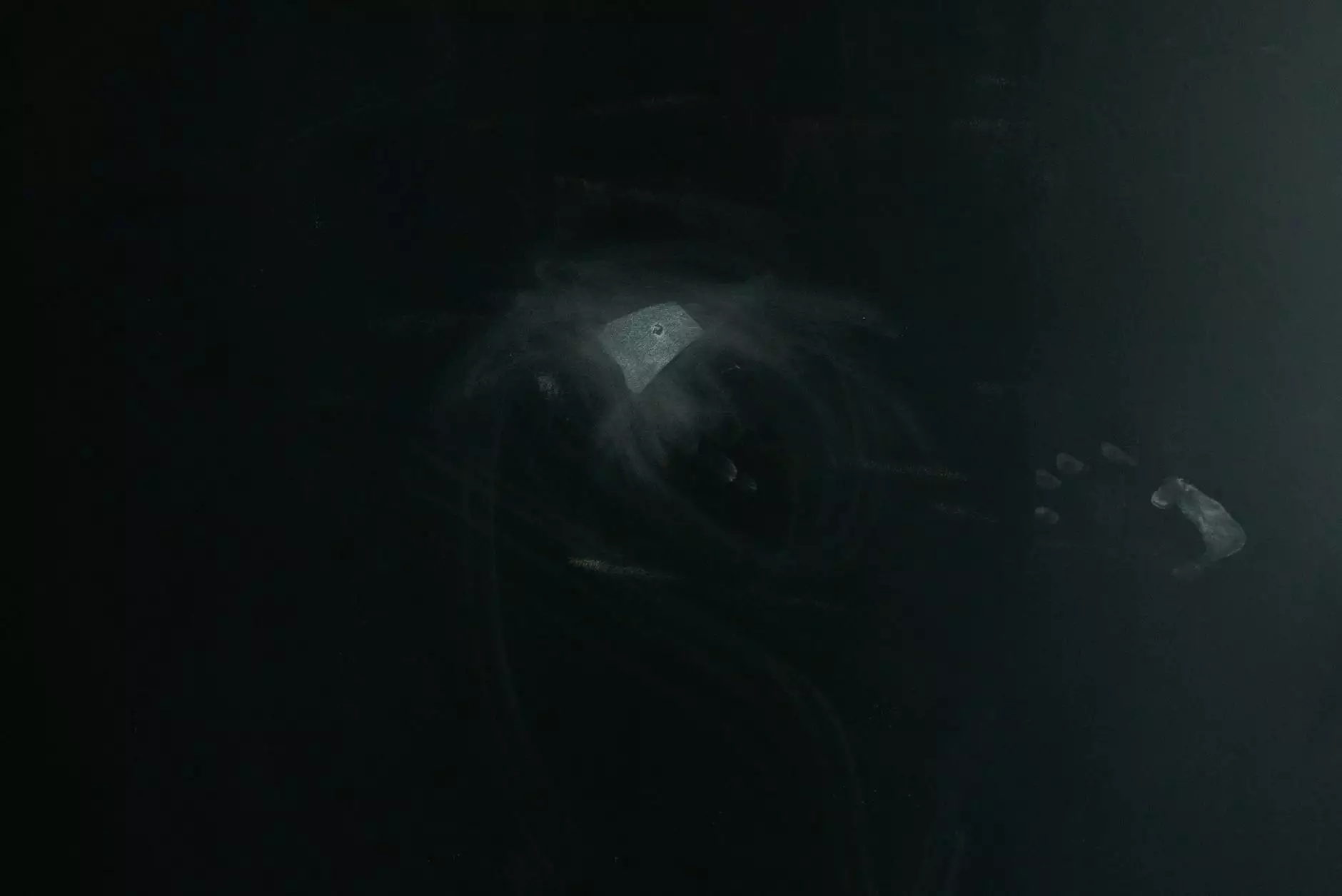The Difference Between Nebulizer and Oxygen Concentrator

In the world of home health care, understanding the difference between nebulizer and oxygen concentrator is crucial for those seeking effective respiratory treatments. These two devices serve distinct purposes but are often confused, which can lead to ineffective treatment options for patients with respiratory issues. This article delves into the nuances of each, enabling you to make informed decisions about your health.
What is a Nebulizer?
A nebulizer is a medical device that converts liquid medication into a mist, allowing for direct inhalation into the lungs. This device is primarily used for individuals with asthma, chronic obstructive pulmonary disease (COPD), or other respiratory conditions. The nebulizer is designed to deliver medication in a concentrated form, facilitating rapid absorption and effectiveness.
Types of Nebulizers
- Jet Nebulizers: Utilize compressed air to create a fine mist.
- Ultrasonic Nebulizers: Use high-frequency sound waves to generate aerosol.
- Mesh Nebulizers: Utilize a vibrating mesh to create a mist, often quieter and more portable.
Benefits of Using a Nebulizer
Using a nebulizer offers several benefits, such as:
- Rapid Relief: Provides quick access to medication, alleviating symptoms effectively.
- Ease of Use: User-friendly, especially for individuals who may struggle with inhalers.
- Higher Medication Delivery: Allows for significantly more medication to reach the lungs compared to traditional inhalers.
What is an Oxygen Concentrator?
An oxygen concentrator, on the other hand, is a medical device that takes in ambient air, filters it, and converts it into concentrated oxygen, which can be delivered through a nasal cannula or mask. This device is primarily used by patients with conditions such as COPD, pulmonary fibrosis, or other diseases that compromise the body’s ability to transport oxygen effectively.
How Oxygen Concentrators Work
The mechanism of action for an oxygen concentrator involves:
- Air Intake: The device draws in room air.
- Filtering: The air is passed through a series of filters to remove impurities.
- Oxygen Separation: Using a process called pressure swing adsorption, nitrogen is removed, leaving concentrated oxygen to be delivered to the patient.
Benefits of Using an Oxygen Concentrator
The key benefits include:
- Portable Oxygen Supply: Provides a continuous supply of oxygen without the need for large tanks.
- Cost-Effective: Reduced need for frequent oxygen tank refills.
- Improved Mobility: Many models are lightweight, enhancing patient mobility.
Key Differences Between Nebulizers and Oxygen Concentrators
While nebulizers and oxygen concentrators are both vital in medical practice, they serve very different purposes. Here are the primary differences between nebulizer and oxygen concentrator:
Functionality
The primary difference lies in their functionality:
- Nebulizers: Deliver medication in aerosol form directly to the lungs.
- Oxygen Concentrators: Provide a source of supplemental oxygen to increase oxygen levels in the blood.
Usage Scenarios
Choosing between the two devices often depends on individual health conditions:
- Nebulizer: Recommended for patients who need medications for respiratory conditions.
- Oxygen Concentrator: Best suited for those requiring ongoing oxygen therapy due to chronic respiratory diseases.
Medication vs. Oxygen Supply
One key distinction is that a nebulizer typically administers bronchodilators or steroids, whereas oxygen concentrators exclusively increase oxygen levels in the bloodstream.
When to Use a Nebulizer vs. an Oxygen Concentrator
The decision to use a nebulizer or an oxygen concentrator should be based on medical advice, but general guidelines include:
Considerations for Nebulizer Use
Consider using a nebulizer if:
- You have a respiratory illness that requires medication delivery directly to the lungs.
- You experience frequent acute asthma attacks or flare-ups of COPD.
- Your doctor has specifically prescribed nebulized treatments.
Considerations for Oxygen Concentrator Use
Use an oxygen concentrator if:
- You have a chronic respiratory condition that results in low blood oxygen levels.
- Your doctor has prescribed long-term oxygen therapy.
- You do not respond adequately to other treatments aimed at improving oxygenation.
Real-Life Applications and Testimonials
Patients often share their experiences with both devices, spotlighting their transformative impacts on daily living:
Patient Stories: Nebulizer
Many asthma patients report that using a nebulizer during an attack provides immediate relief. For example, one patient notes that “with the nebulizer, I can breathe again within minutes, something my inhaler never managed to achieve.”
Patient Stories: Oxygen Concentrator
Conversely, those on long-term oxygen therapy remark on the freedom offered by portable oxygen concentrators. A user shared, “Thanks to my concentrator, I can enjoy my daily walks again without feeling breathless.”
Conclusion: Making Informed Choices for Better Health
In summary, understanding the difference between nebulizer and oxygen concentrator will empower individuals to make informed healthcare choices. Each device has its unique benefits tailored to specific medical needs, and deciding between the two ultimately relies on individual health requirements and medical advice. It is essential to consult healthcare professionals to ascertain which device aligns best with your unique health conditions.
In conclusion, whether you opt for a nebulizer or an oxygen concentrator, what’s paramount is ensuring that your respiratory health is prioritized. These devices can significantly enhance your quality of life, enabling you to engage more fully in activities, work, and leisure. Visit us at raaroxy.com for more insights into home health care products tailored to your needs.









